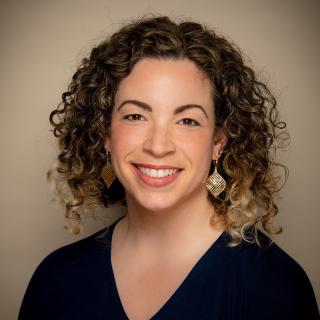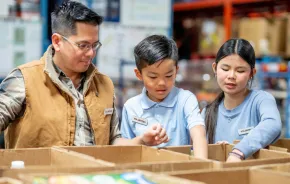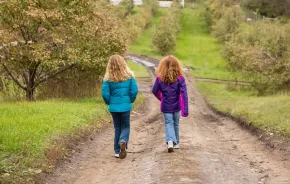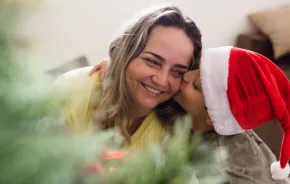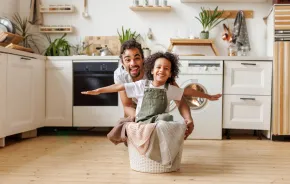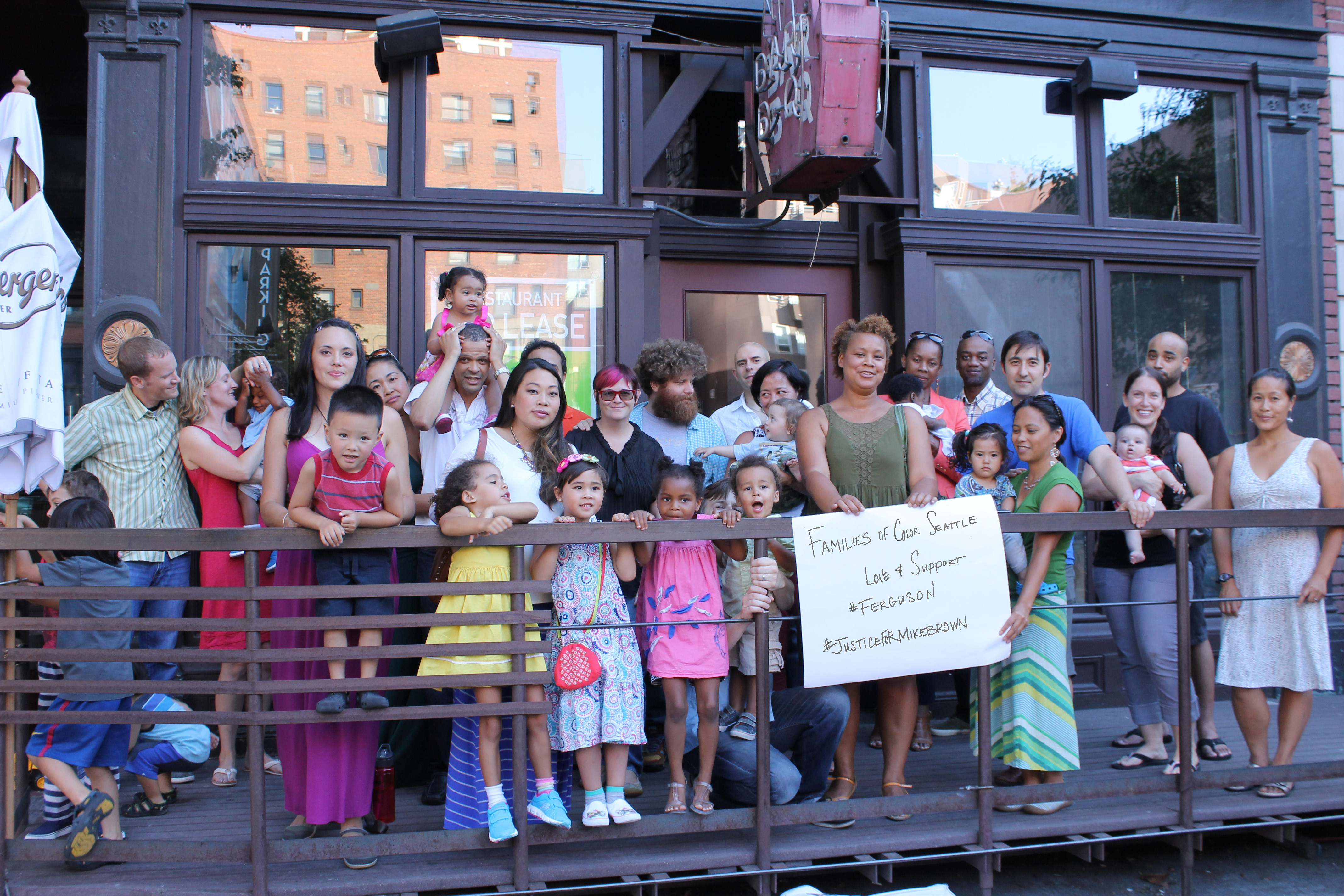
Around the country, since the killing of teen Michael Brown by a police officer, a deep sense of injustice and fear has once again gripped the hearts and minds of many families. These families and the communities they belong to are worried about the lives and souls of their own children, and collectively they are worried about our American culture — its frightening blind spots, and the injustices it harbors. They have stories to tell, and they want to change the status quo narrative.
In Seattle, many of these families are united by Families of Color Seattle (FOCS). From FOCS:
"Families of Color Seattle feels the urgency to support the dialogue and education around race and criminalization of young men of color in America. We wish to share our experiences and responses about the policing, militarization and the safety of our children and Black people in America. How can we increase compassion toward social justice? We offer to share our experiences as families of color, and how we are processing and talking with our children around institutionalized racism and violence."
These many families have stories to tell, and their stories should be told, heard and become the catalyst for change. Here are some of them.
"I grew up in Missouri, and while not in Ferguson, I lived in a small rural town. My brother — a young man who is brilliant, handsome, biracial and 6'5" — was harassed by the police constantly. Pulled over with no cause. Asked to have his car searched without cause or warrants. Told he had better 'watch himself.' I can't help thinking that it is only by grace that my family didn't experience the same loss as Mike Brown's family. While I am not surprised, I am so upset about the release of the random surveillance camera footage. It is beyond infuriating. Have been following #IfTheyGunnedMeDown on Twitter and Tumblr. So many amazing stories about full, vibrant lives. Lives that could be twisted and falsified with the selection of a photo and framing a single moment in their life story. Glad folks are calling out all the many layers of injustice in what Ferguson has exposed.
I feel in my bones the nation's reflection on this small community in the Bible Belt is an opportunity for a turning point. We can't let folks forget this. We can't allow them to continue to view our children and our communities with disregard. This summer, the south end of Seattle was hit with much violence, and our city leaders and local media did not respond the way they would in other neighborhoods. And I will not forget when I vote and protest and talk to my neighbors. We have to keep fighting for what is right."
—Kirsten Harris-Talley, a multiracial African American mother
"What happened in Ferguson is an unfortunate reminder of a conversation that we have to have with our son, Henry. I am African American, and my husband is white. In the eyes of the police, our biracial son will grow from a cute, fuzzy-headed brown baby into a threatening black man. How do we explain this to him? My husband grew up in an upper-middle-class suburb of Washington, D.C. He and his friends got into some crazy but generally harmless situations. He is afraid that while he may have gotten into trouble if he had been caught, Henry would be arrested, or worse, if caught doing the same things now."
—Katherine Fitzpatrick, a South African American mother
"We deserve to parent and raise our children in a nonviolent space. How do we explain that the minute they are born, full of innocence and God's perfect creation, they are automatic targets for violence, racism and discrimination? My heart aches for the parents of our young brother who was taken too soon and for our sons and daughters that may fear life because of the color of their skin. We as people of color need to educate our children and those we come in contact with. Freedom and justice for all; let's break through the color lines. #ferguson #justice #freedomandpeace."
—Ifedayo Idowu, Nigerian American mother
"We haven't been sharing too much with our boys. When I do talk about our place in the word, we talk about enslavement of Africans (black people) and slave owners (white people). We talk about the impact of Dr. Martin Luther King Jr., and how we are still working hard to be accepted for who we are. They do get sad and mad about what we discuss and will cry or become aggressive with pillows and stuffed animals. I talk about them deserving respect from everyone, and that they need to give it as well. That some people will not like them because of their skin color. It's a difficult balance. I don't want them to be fearful and angry toward white people and the police. However, they need to know that they are not always safe. They are only 7."
—Shawnti Johnson, a multiracial African American mother of twins
"I am a lifelong ally of the African American community, having been educated in the South, including college in Atlanta and Oakland, Calif. A few months ago, my sister married an African American man. One day, I may have a nephew. The injustice of innocent Mike Brown being murdered in cold blood brings great sorrow and desperation to my bones. Whether they have been or will be our friends, our boyfriends, our neighbors, our sons, our nephews — our children deserve better. We need to see the value of life, regardless of skin color."
—Annie Kuo, Thai American mother
"I am a woman of color and a mother of two boys. I'm not African American, nor am I brown-skinned. My children are boys of color, and they are not brown-skinned either. However, I am an immigrant, and I stand with people of color narratives as we struggle with justice, equity and safe communities. I am infuriated by the police brutality and systematic violence against young black men. I personally feel more empathy and identify more with all the struggles around institutional marginalization and oppression that people of color face than I do with any white American narratives. The black community is being systematically murdered. Another day, another decade, it has been or will be my ethnic and racial community. Tomorrow, it's your community. We are all affected. Our humanity is stained with every unjust murder of an innocent person.
I wonder, how do we as a family connect to the violence from the government and public institutions that the people of Ferguson are experiencing? For once the nation is recognizing that police brutality and the murders of our young men across the country are not isolated or random accidents. The police who are to "protect and serve" are getting exposed for their racist and violent institutional policies because people are taking the power of the media into our own hands. These young men are someone's sons. Some of them are fathers. They are all part of a community. The culture of fear and criminalization of brown men is perpetuated daily through provocation by the media. It's essential for the nation to expand the dialogue to include the fact that all communities of color are affected by the devaluation of people of color's lives as Americans and the regulation of rights and freedom. White communities are connecting across the nation, realizing that the government is enacting a state of warfare and immobilizing a city of people through intimidation and disregard for Constitutional rights. And America can no longer deny the war on young black men, no matter how it was disguised (war on drugs, war on crime, war on poverty).
America has indoctrinated militarism around the world without regard for people, women and children of different cultures, religions and lands of sovereignty. This imperialistic and colonialist warfare has historically been the tactic toward America's most devalued and vulnerable communities. The school-to-prison pipeline and corporate gain through privatization of prisons are enhanced with the Patriot Act, regressive politics like the repeal of affirmative action, three strikes law and immigration repeal. We are all affected when young men are murdered. Our understanding of humanity is whittled away with callousness and confusion by the portrayals of the criminalization of brown people, immigrants and poor communities. The devastation of losing a child destroys a family and a community. It is immobilizing and creates intergenerational trauma within the African American community. Truly, as Dr. Martin Luther King Jr. said, 'a threat to justice anywhere is a threat to justice everywhere.'
I am angry, and I believe in community solidarity and mobilization! We will not go away. Our children will continue to rise toward justice for those who have been executed. And my children will grow into young men of color, who will call on other men of color as brothers in the same light of empathy and compassion in our counternarrative as a community of color."
—Amy HyunAh Pak, Korean American mother




